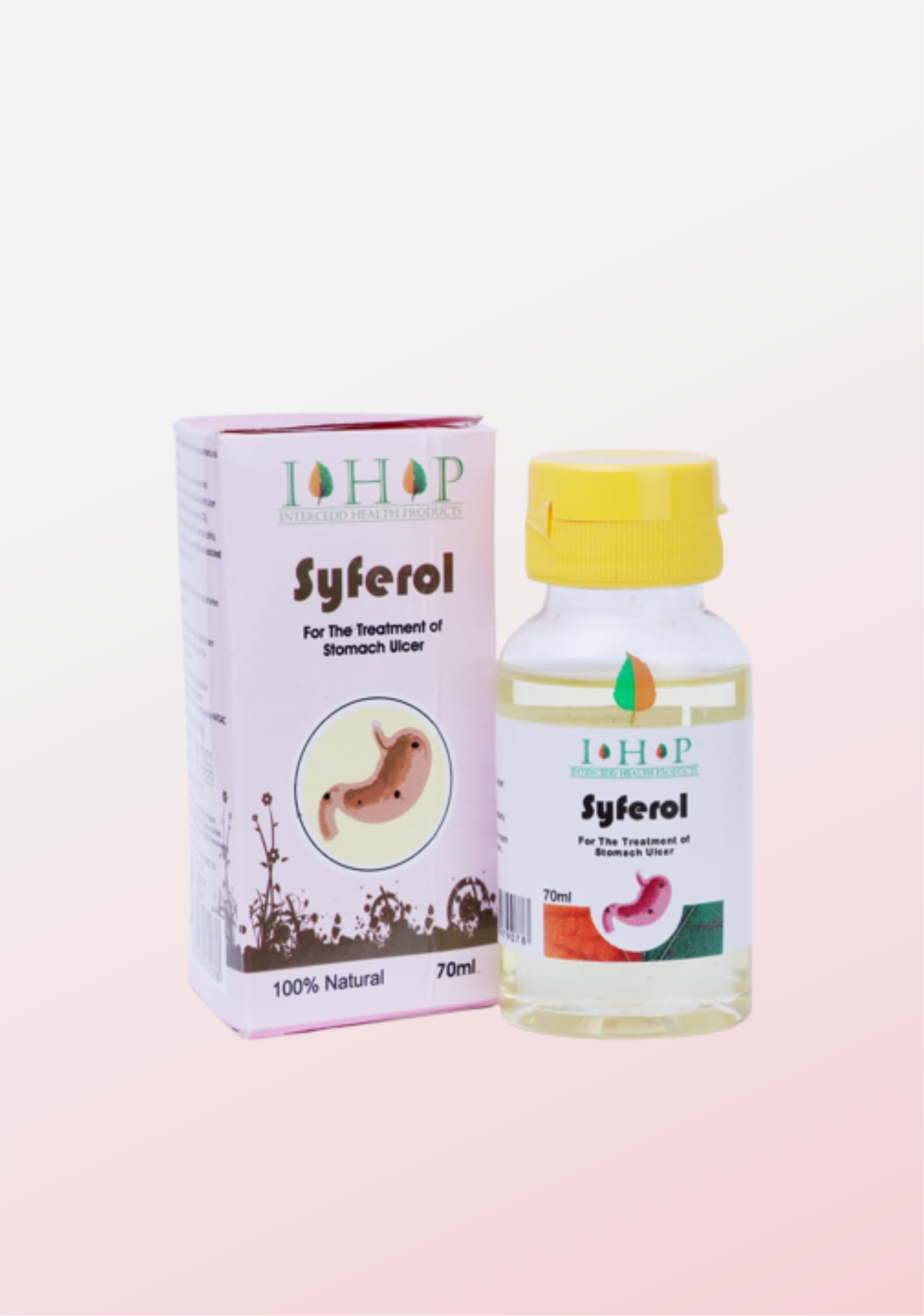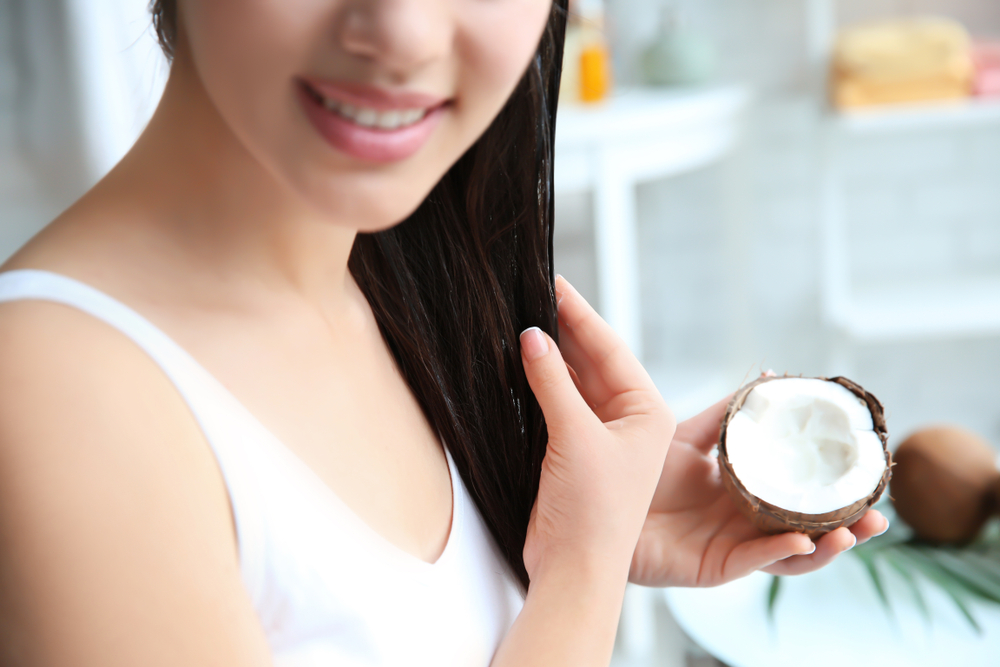Premium Virgin Coconut Oil for Lice Treatment and Solution
Struggling with the annoying issue of lice infestation is a tale as old as time, plaguing scalps and causing endless frustration. Traditional remedies like chemical treatments often fall short, leaving behind a trail of disappointment and lingering chemicals. But fear not, for there’s a natural solution hiding in plain sight all along: virgin coconut oil for lice. Yes, you heard it right – that versatile tropical elixir isn’t just for cooking up delicious meals or moisturizing parched skin; it’s also a potent ally in the battle against those persistent pests.
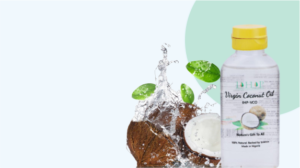
In this article, we’ll delve into the age-old problem of lice infestation, exploring the shortcomings of conventional treatments and their limitations. From harsh chemicals to multiple applications, we’ll uncover why these methods often leave much to be desired. But fear not, because we’ll also shine a spotlight on the star of the show: virgin coconut oil.
We’ll explore how this natural remedy can effectively combat lice and leave your hair nourished and lustrous. So, sit back, relax, and prepare to bid those pesky lice farewell with the help of nature’s miracle worker.
Understanding Lice Infestation
Lice infestation, an age-old nuisance, is caused by tiny parasitic insects known as lice. These minuscule creatures thrive in human hair and feed on blood from the scalp. They spread primarily through direct contact with infested individuals or by sharing personal items such as combs, hats, or bedding. This makes environments like schools, daycare centers, and camps hotbeds for lice transmission.
There are three main types of lice infestations: head lice, body lice, and pubic lice. Head lice, as the name suggests, reside on the scalp and hair, clinging to hair strands and laying eggs (nits) close to the scalp. Body lice inhabit clothing and bedding, venturing onto the skin to feed on blood. Pubic lice, also known as “crabs,” infest the hair in the genital area and are typically transmitted through sexual contact.
Symptoms of lice infestation vary but commonly include intense itching, particularly around the scalp, neck, and ears. Scratching may lead to sores or bacterial infections. In severe cases, individuals may experience sleep disturbances and irritability due to constant discomfort. Additionally, the presence of nits or live lice in the hair confirms an infestation. Early detection and prompt treatment are crucial to effectively managing lice infestations and preventing their spread to others.
Virgin Coconut Oil For Lice
Virgin coconut oil has garnered attention as a natural remedy for lice infestations, offering a safe and effective alternative to traditional chemical treatments. Its efficacy lies in its unique composition, particularly its high content of lauric acid. Lauric acid exhibits potent antimicrobial properties, capable of penetrating the exoskeleton of lice and disrupting their vital functions. When applied to the scalp and hair, virgin coconut oil suffocates lice and their eggs, known as nits, effectively eliminating the infestation.
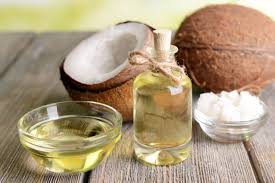
Moreover, coconut oil serves as a lubricant, making it challenging for lice to grip onto hair strands and facilitating their removal during combing. This dual action of killing lice and aiding in their removal distinguishes virgin coconut oil as a preferred treatment option for individuals seeking a gentle yet powerful solution.
Pure coconut oil offers additional benefits beyond lice eradication. It moisturizes the scalp and hair, helping to alleviate dryness and itchiness commonly associated with lice infestations. Its natural properties also promote hair health, leaving strands soft, shiny, and nourished.
Furthermore, virgin coconut oil is free from harsh chemicals and pesticides often found in conventional lice treatments, reducing the risk of adverse reactions or damage to the scalp and hair. Its natural formulation makes it suitable for all ages, including children and individuals with sensitive skin.
SEE ALSO: Benefits of Coconut Oil in Dementia
The Drawbacks of Traditional Treatments
Traditional treatments for lice infestations, primarily over-the-counter products, come with several drawbacks that have led many individuals to seek alternative solutions. These treatments often contain harsh chemicals such as pyrethroids, which can cause scalp irritation and allergic reactions in some individuals. Moreover, frequent use of these chemical-based products may lead to pesticide resistance among lice populations, rendering them less effective over time.
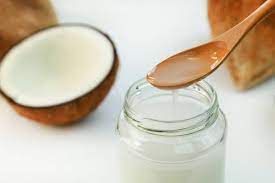
Over-the-counter lice treatments typically come in the form of shampoos or creams that contain pesticides designed to kill lice and their eggs. While these products may provide temporary relief from lice infestations, they often require multiple applications and thorough combing to remove dead lice and nits, making the process time-consuming and tedious.
One of the major concerns associated with traditional treatments is the development of pesticide resistance. Lice have shown the ability to adapt to chemical pesticides over time, rendering them less susceptible to treatment and making infestations increasingly difficult to manage. This phenomenon highlights the need for alternative approaches to lice control that are both effective and sustainable.
Several factors can contribute to a lice infestation, including close contact with infested individuals, sharing personal items such as combs, hats, or bedding, and living in crowded or unsanitary conditions. Lice are highly contagious and can spread quickly in environments where people are close to one another, such as schools, daycares, and camps. Additionally, poor hygiene practices and a lack of awareness about lice prevention can increase the risk of infestation.
The Benefits of Coconut Oil for Lice Treatment

Coconut oil has gained popularity as a natural and effective remedy for lice treatment due to its numerous benefits and unique properties. The efficacy of coconut oil against lice stems from its rich composition, particularly its high concentration of lauric acid. Lauric acid is a medium-chain fatty acid known for its potent antimicrobial and antiparasitic properties. When applied to the scalp and hair, coconut oil suffocates and kills lice by penetrating their exoskeletons and disrupting their respiratory processes.
Furthermore, coconut oil acts as a natural lubricant, making it difficult for lice to cling to hair strands. This dual action of suffocation and lubrication makes coconut oil a highly effective treatment for lice infestations. Unlike chemical-based treatments, coconut oil is gentle on the scalp and hair, making it suitable for individuals of all ages, including children and those with sensitive skin.
Coconut oil’s antimicrobial properties also help to prevent secondary infections caused by scratching and irritation from lice bites. Additionally, coconut oil moisturizes the scalp and hair, alleviating dryness and itchiness commonly associated with lice infestations.
SEE ALSO: How to treat hair breakage
How to Use Coconut Oil for Lice Treatment
A step-by-step guide on how to effectively eliminate these parasites from the scalp.
1. Gather Your Supplies: Start by gathering the necessary supplies, including a jar of virgin coconut oil, a fine-tooth comb, and a shower cap. It’s essential to use virgin coconut oil for its purest form and maximum effectiveness.
2. Prepare the Coconut Oil: Scoop out a generous amount of coconut oil from the jar and warm it up in your palms. Heating the oil slightly will help it to spread more easily and penetrate the hair and scalp.
3. Apply to Hair and Scalp: Section your hair and apply the coconut oil directly to the scalp, massaging it in gently. Ensure that you cover the entire scalp and hair shafts thoroughly, paying extra attention to areas where lice and nits may be present.
4. Massage and Comb Through: After applying the coconut oil, give yourself a relaxing scalp massage to ensure that the oil is evenly distributed. Then, using a fine-tooth comb, comb through your hair from root to tip to remove any lice and nits. This step helps to physically remove the parasites from the hair.
5. Cover with a Shower Cap: Once you’ve applied the coconut oil and combed through your hair, cover it with a shower cap to trap heat and help the oil penetrate deeper into the hair shafts. Leave the shower cap on for at least a few hours or overnight for maximum effectiveness.
6. Wash and Repeat: After letting the coconut oil sit for the desired amount of time, wash your hair thoroughly with shampoo to remove the oil. You may need to shampoo your hair multiple times to ensure that all traces of oil are gone. Repeat this process every few days until the lice infestation is completely eradicated.
Tips for Maximizing Effectiveness:
– For added effectiveness, you can add a few drops of essential oils such as tea tree oil or lavender oil to the coconut oil mixture. These oils have natural insecticidal properties that can help enhance the lice-killing effects of coconut oil.
– Be sure to cover your hair and pillow with a towel or old t-shirt while sleeping with the coconut oil treatment to prevent stains on your bedding.
– It’s essential to be consistent with your coconut oil treatments and to continue them even after the lice appear to be gone to ensure that any remaining nits are eradicated.
Combining Coconut Oil with Other Natural Remedies
Combining coconut oil with other natural remedies, such as tea tree oil, lavender oil, neem oil, and essential oil blends, can create a powerful and effective treatment for lice infestations. Tea tree oil is renowned for its antimicrobial and insecticidal properties, making it an excellent addition to coconut oil for lice treatment. It helps kill lice while soothing the scalp and reducing inflammation.

Lavender oil not only adds a pleasant scent but also possesses insect-repellent properties that can deter lice. When mixed with coconut oil, it creates a soothing and effective lice treatment. Neem oil, derived from the neem tree, is a potent natural insecticide that disrupts the life cycle of lice. Combining neem oil with coconut oil creates a powerful solution for killing lice and their eggs.
Additionally, custom essential oil blends, including oils like peppermint, eucalyptus, rosemary, and thyme, can be mixed with coconut oil to create personalized lice treatments. These blends offer a natural and effective alternative to chemical-based treatments, promoting scalp and hair health while combating lice infestations. By combining coconut oil with these natural remedies, individuals can effectively treat lice infestations while nourishing and soothing the scalp and hair.
SEE ALSO: The Wonders of Virgin Coconut Oil.
Precautions and Considerations
When using coconut oil for lice treatment, it’s essential to consider certain precautions to ensure safety, especially when applying it to children. While coconut oil is generally considered safe for topical use, there are a few considerations to keep in mind. Firstly, coconut oil is generally safe for children, but it’s essential to perform a patch test before applying it to a larger area of the scalp to check for any allergic reactions or skin sensitivity. Some individuals may experience mild irritation or allergic reactions to coconut oil, especially if they have a known allergy to coconuts or other tree nuts.
Additionally, when applying coconut oil to children’s scalps, it’s crucial to supervise them to prevent accidental ingestion, as coconut oil is not meant to be swallowed and may cause digestive discomfort if ingested in large quantities. Furthermore, while coconut oil is generally safe for use on the skin, it’s essential to avoid getting it into the eyes, as it may irritate. If contact with the eyes occurs, rinse thoroughly with water.
By taking these precautions and considering safety concerns, you can safely and effectively use coconut oil for lice treatment on children and adults alike.
FAQ:
1. Can coconut oil completely eradicate lice?
– Yes, coconut oil is effective in eradicating lice infestations. Its suffocating properties and ability to penetrate the exoskeleton of lice make it a potent treatment option. However, successful eradication may require multiple treatments over several days to ensure all lice and their eggs are eliminated.
2. How long does it take for coconut oil to kill lice?
– The timeframe for coconut oil to kill lice can vary depending on factors such as the severity of the infestation and the duration of treatment. In general, coconut oil suffocates and kills lice within a few hours to overnight when applied to the scalp and hair. However, for optimal results, it’s recommended to repeat the treatment every few days until the infestation is completely eradicated.
3. Is coconut oil safe for use on all hair types?
– Yes, coconut oil is generally safe for use on all hair types, including oily, dry, and curly hair. Its natural properties help moisturize and nourish the scalp and hair, making it suitable for individuals with different hair textures and conditions.
Conclusion
Virgin coconut oil for lice emerges as a champion in the battle against these resilient scalp invaders. Throughout this exploration, we’ve highlighted the numerous benefits of using coconut oil for lice treatment. Its potent antimicrobial properties, coupled with its nourishing effects on the scalp and hair, make it a natural and effective alternative to chemical treatments.
As we recap the benefits, it becomes evident that coconut oil offers a holistic approach to lice eradication, addressing not only the infestation but also promoting scalp health and hair vitality. We encourage individuals to consider natural remedies like coconut oil before resorting to harsh chemical treatments, prioritizing safety and gentleness in their approach to lice treatment.
Finally, it’s essential to acknowledge the efficacy and safety of coconut oil for lice eradication. With its ability to suffocate and eliminate lice without harmful side effects, coconut oil proves to be a reliable ally in the fight against lice infestations. So, let’s embrace the power of virgin coconut oil and bid farewell to lice once and for all.
Reference:
https://bnborganics.com/blogs/news/coconut-oil-for-lice-does-it-work-and-how-to-use-it
https://www.pinkvilla.com/beauty/hair-care/coconut-oil-for-lice-1221415




